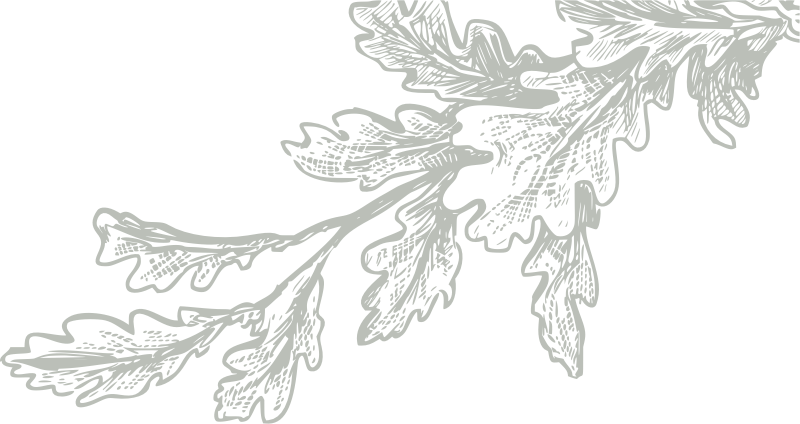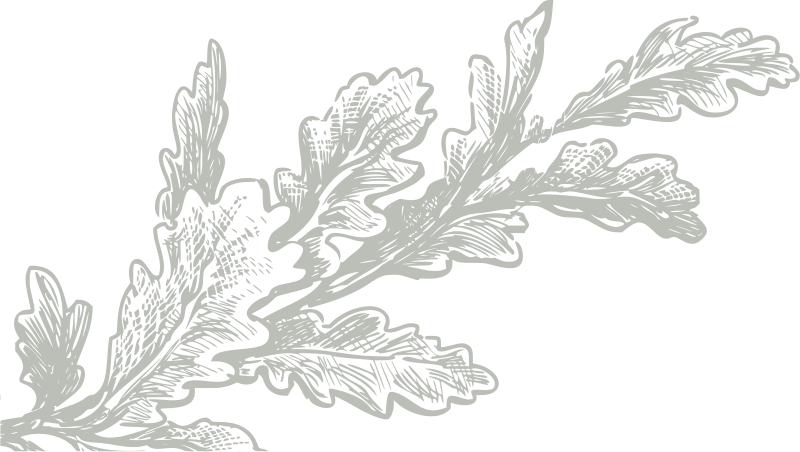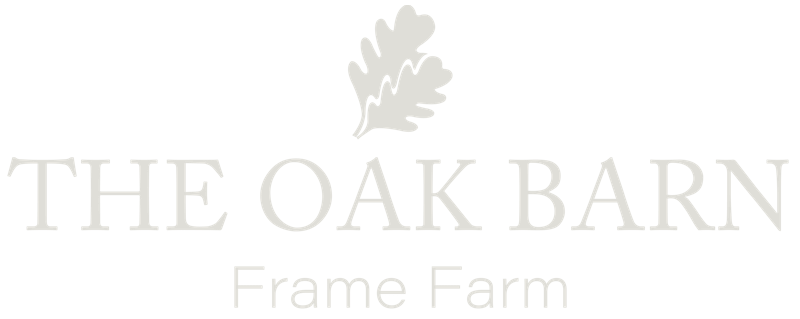
The Story and Ethos Behind The Oak Barn, Frame Farm
Our Vision
Frame Farm has been occupied for centuries, but our story began in 2015 when the estate became our family home, purchased with the intention of creating an exceptional, eco-friendly venue within the then-redundant Grade II listed farm buildings that lie to the west of the Georgian farmhouse.
Giving these barns a new lease of life and the farm a viable future was of great importance to us, so we embarked on a meticulous three-and-a-half-year restoration programme, which has resulted in one of the UK’s most exclusive and environmentally friendly wedding venues.
With integrity, attention to detail and passion at the core of our values, we care about the details that are most important to you. Whether that’s helping you curate your dream team of suppliers, assistance in crafting the perfect wedding day timeline or keeping you aligned with your own sustainability values, we will endeavour to make sure everything is perfect from the moment you first enquire to when we wave you off.

Sustainability

We see ourselves as responsible custodians of this land. A beautiful rural haven that should be respectfully preserved for generations to come. Therefore we have invested heavily in low-carbon technology, renewable energy sources, and sustainable materials, and have planted over 500 trees and too many grasses, ferns, shrubs and flowering perennials to count, in order to provide a healthy and flourishing environment for our wildlife such as bees, bats and birds.
Everything we purchase is considered, and wherever possible, we recycle, upcycle and reuse building materials across the estate for a variety of projects. We even felled a huge dead oak tree and used the timber for the barn restoration, to build our bar and much of our venue furniture.
In 2021 we were thrilled to win the inaugural ‘Sustainability and Environmental Impact Award’ from Rural Business Awards and Amazon.

Meet the Team
Initially born from Tim and Deana’s energy and vision, The Oak Barn, Frame Farm team has expanded over the years, with each new member, from wedding managers to gardeners, bringing fresh energy and perspective to the mix.
Together, our mission is to continue planning and delivering exceptional weddings and events with sustainability at the core, ensuring each and every client’s experience is everything they ever hoped and dreamed it would be.

Our History

Steeped in history, the estate features a weaving house dating back to 1607, which now serves as luxurious accommodation for guests and their loved ones, with the original threshing barn (now known as The Oak Barn) built using recycled timbers in 1770. A Georgian farmhouse was constructed on an older foundation a little later in 1780, with a new barn (now The Byre) replacing the animal shelter from 1880. The Pole Barn and the estate’s workshop date back to the 1960s and complete the current ensemble of structures as you see them today, reflecting the evolving eras of agriculture on the farm.
Frame Farm has a long and storied history and has served as a home and business for numerous families throughout the years. For centuries, the land has served as grazing grounds for sheep and cattle; with the brief introduction of racehorses in the 1970s, the fields were once adorned with bountiful cherry orchards, and oast kilns were added to the weaving house in 1800 and used for drying hops as part of the brewing process for making beer.
It is an honour to be adding to the farm’s rich patchwork of history by giving a new, economically viable use where the restored barns can be enjoyed by many, and the benefits can be felt in the rural economy and local community.


